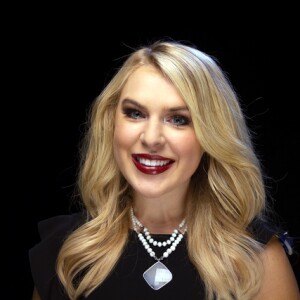BOISE — The people working in the MakerLab inside the Boise State library aren’t just creating gadgets; they’re creating access.
“For this one, it’s for visually impaired learners who can’t see a physical map," said Amy Vecchione, associate professor and head of Emerging Technologies at Boise State, "if you cannot see a map it’s difficult to actually understand what’s happening when you’re discussing terrain."
This specific print was designed for a focus group about the Barber Valley. The actual model slightly exaggerated to 1.5 times the exact size to accentuate the different elevations.
The print contains three dots, which represent different areas, including the fire station, the Shakespeare Festival, and a nearby school.
“What we have is an exact topography, and you can feel it with your fingers, and of course, it helps everybody because they’re able to talk about it; not everybody can read a topo map,” said Vecchione.
All the designs scanned, scaled, and printed here are made with an audience in mind, to help them overcome barriers. For Boise State senior Zane McCarty, his audience is the patients at St. Luke’s.
“[The device] is easy to improve mobility and dexterity with occupational therapy patients," said McCarty.
McCarty says current solutions to test mobility and dexterity is for patients to turn keys, locks or handles, but that’s not mentally stimulating or meeting all the needs. Instead, different parts can be added on to his device depending on the range of mobility for each patient.
"For example, they might need a big bulbous end because they can move their hand, or they need a ring because they need to improve finger mobility,' said McCarty.
The physical product they’re creating is just the start of the process of building connections.
"We have lots of people in the community we’re working within the community now to help with visually impaired learners of all kinds to explore what’s possible, sometimes just a little bit can help them contribute in a more meaningful way," said Vecchione.
Next semester, students are working to create a lighter-weight prosthetic, to accommodate disabled athletes. Students are also working on various projects which will improve high school special education classes. Six on your side will have another story on the Makers Lab coming soon.




